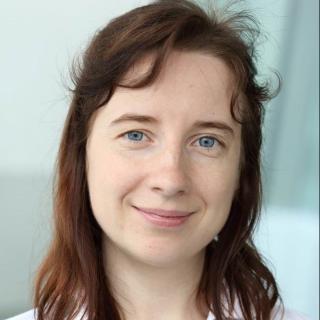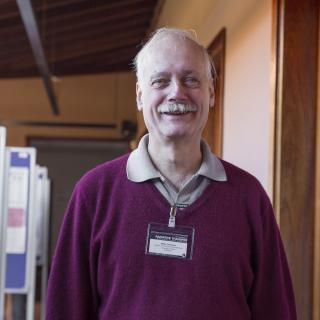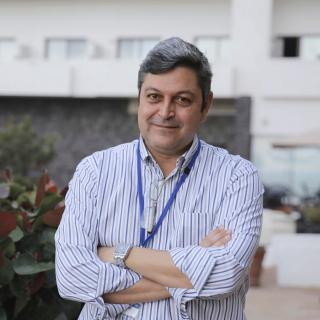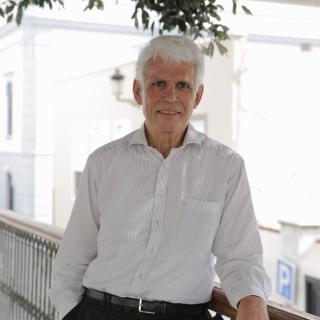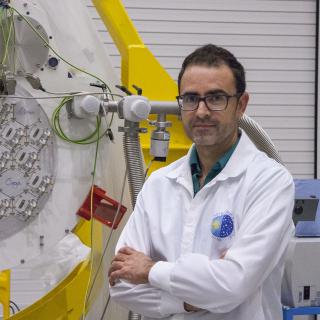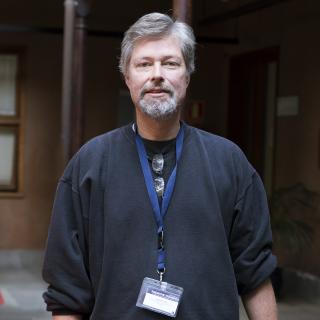
His interest about the radiative transfer began in a lecture about "Stellar Atmospheres" he attended when he was studying his Physics degree. He was previously interested in particle physics but he liked the approach of quantitative spectroscopy which connects theory and observations and he wrote his Diploma thesis on radiative transfer in expanding atmospheres. Nowadays, Jo(achim) Puls is professor and researcher in the Universitätssternwarte der LMU München, where he works with his team investigating about radiative transfer in early-type stars and related problems, with many international
Advertised on
